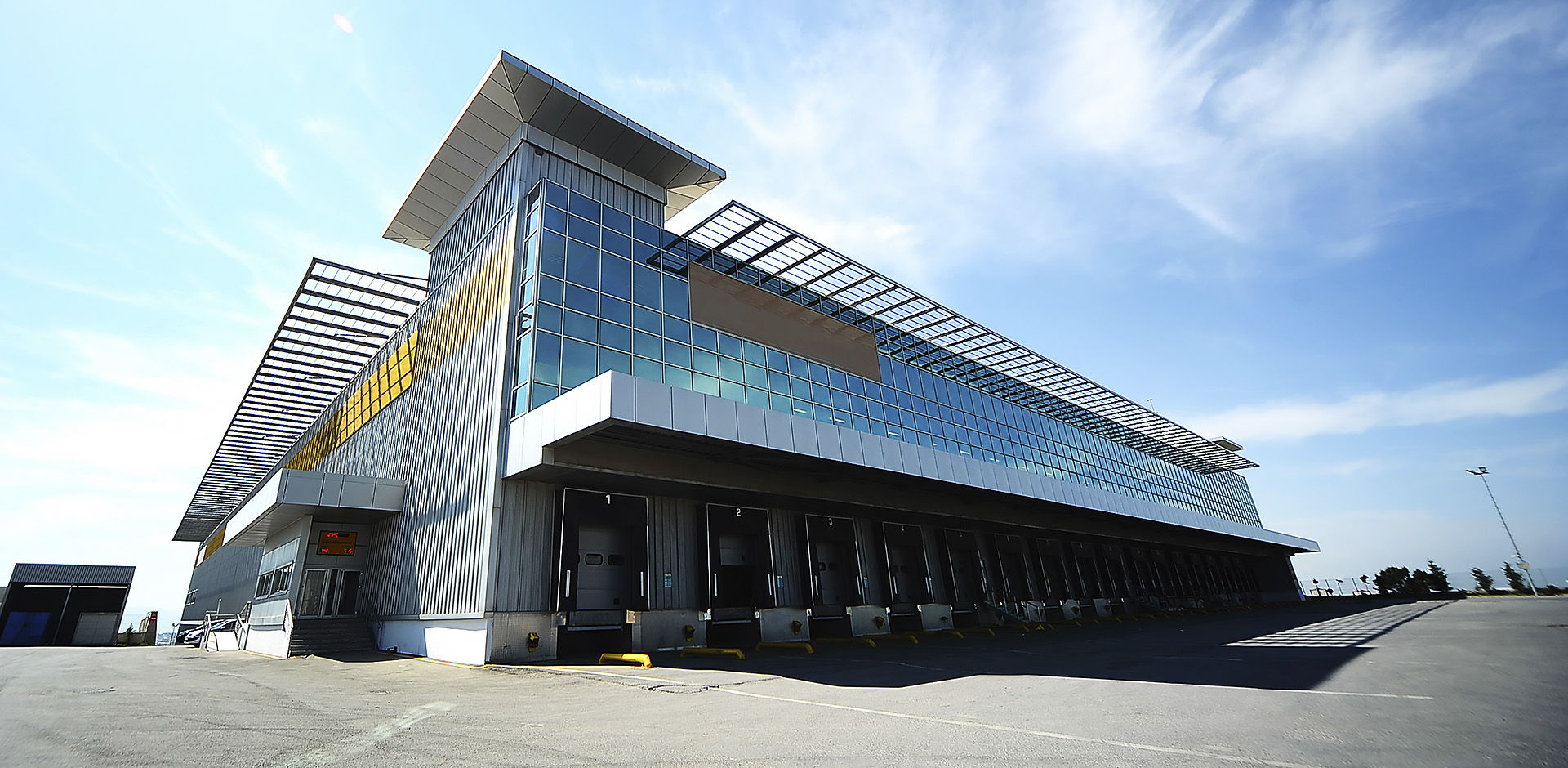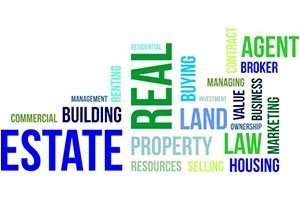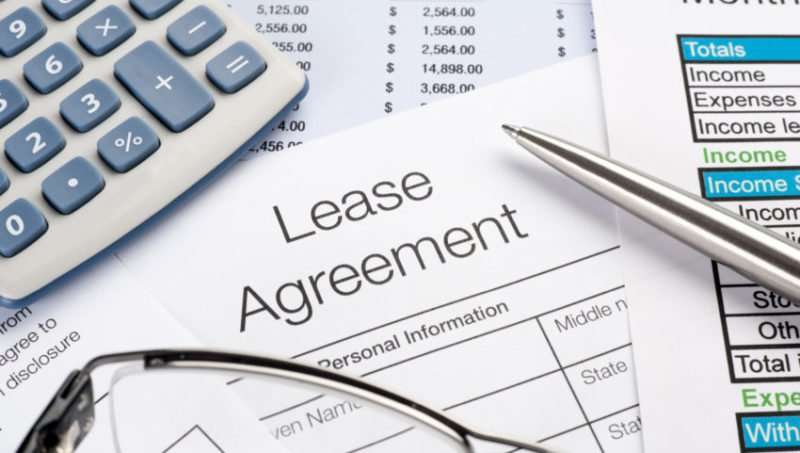As we approach 2025, Indiana’s commercial real estate (CRE) market shows signs of both opportunity and challenge.
Continue readingUnlocking Value in Commercial Real Estate
5-Step Profit Path strategy that not only identifies lucrative investment properties but also transforms them into thriving assets, ready for resale.
Continue readingAdvantages of using a Commercial Real Estate Agent
Selling or leasing a commercial property can be a complex and time-consuming process. To optimize the outcome and minimize risks, it is highly recommended that property owners enlist the expertise of a professional Commercial Real Estate Agent.
Continue readingLeasing vs. Buying Commercial Real Estate
LEASING VS. BUYING COMMERCIAL REAL ESTATE: WEIGHING PROS AND CONS
Continue readingManaging Commercial Property Expenses and Optimizing Operational Cost
Efficient Strategies for Managing Commercial Property Expenses and Optimizing Operational Costs
Owning and managing a commercial property comes with a plethora of responsibilities, one of the most crucial being the efficient management of expenses and operational costs. Whether you are a property owner, investor, or a property manager, implementing smart strategies to reduce expenses and optimize operational costs can significantly impact the property’s overall profitability and long-term success. In this article, we will explore some key tips and practices to achieve financial efficiency in commercial property management.
- Conduct a Thorough Expense Analysis:
The first step in managing commercial property expenses is to conduct a comprehensive expense analysis. Identify all costs associated with the property, including utilities, maintenance, insurance, property taxes, and management fees. Categorize the expenses to gain a clear understanding of where the majority of the funds are allocated. This analysis will serve as a foundation for developing a budget and setting targets for cost optimization.
- Regular Maintenance and Inspections:
Neglecting regular property maintenance can lead to higher expenses in the long run. Preventive maintenance not only ensures the property remains in good condition but also helps identify potential issues before they escalate into costly repairs. Implement a proactive maintenance plan and conduct regular inspections to catch any problems early on.
- Energy Efficiency Measures:
Energy costs can be a significant portion of a commercial property’s expenses. Embrace energy-efficient practices by upgrading to LED lighting, installing programmable thermostats, improving insulation, and using energy-efficient appliances. Such measures may require upfront investment but will lead to substantial savings over time.
- Implement Technology and Automation:
Integrate property management software and automation systems to streamline processes and reduce human errors. These technologies can handle tasks such as rent collection, tenant communication, and maintenance scheduling, thus improving operational efficiency and saving time and resources.
- Negotiate Vendor Contracts:
Consolidate vendor contracts and negotiate better terms to secure discounted rates. Building strong relationships with suppliers and service providers can lead to better deals and long-term cost savings. Regularly review contracts to ensure they remain competitive and align with the property’s requirements.
- Tenant Relations and Retention:
Maintaining positive tenant relationships is crucial for minimizing vacancy rates and associated expenses. Engage with tenants regularly, promptly address their concerns, and strive to provide excellent customer service. Happy tenants are more likely to renew their leases, reducing turnover costs and ensuring a steady cash flow.
- Consider Outsourcing:
In some cases, outsourcing certain property management functions may prove cost-effective. For instance, hiring a professional property management company can efficiently handle day-to-day operations, tenant screening, and property marketing, saving the property owner valuable time and resources.
- Monitor and Adjust the Budget:
Creating a budget is essential, but regularly monitoring its performance is equally crucial. Track actual expenses against the budget and identify any deviations. This allows you to make timely adjustments, control costs, and optimize financial planning for the future.
- Evaluate Capital Expenses Wisely:
When considering major capital expenses or upgrades, conduct a thorough cost-benefit analysis. Evaluate how the investment will impact the property’s value, appeal to tenants, and contribute to long-term savings. Strive to strike a balance between necessary improvements and budgetary constraints.
Effectively managing commercial property expenses and optimizing operational costs requires a proactive and strategic approach. By analyzing expenses, embracing energy efficiency, leveraging technology, and nurturing tenant relationships, property owners and managers can achieve financial efficiency and boost the overall profitability of their commercial properties. Regular monitoring and adaptation to changing market conditions will ensure that the property remains competitive and financially sustainable for years to come.



Commercial Real Estate Investment Strategies
In the ever-evolving Commercial Real Estate investment landscape, understanding and implementing diverse strategies can significantly impact an investor’s success.
The Imminent Wave of Commercial Debt Refinance
Commercial Real Estate Market Update: The Imminent Wave of Commercial Debt Refinance
There is growing attention on the volume of commercial debt that is due to be refinanced in the coming 18 months and the potential impacts it could have on the Commercial Real Estate market.
Over the past decade, Commercial Real Estate borrowers have been able to take advantage of historically low interest rates and have secured significant debt. As these loans near their maturity dates, borrowers will need to refinance or pay off their existing debt. Estimates show that a substantial volume of Commercial Real Estate debt, amounting to billions of dollars, is coming due for refinancing over the next 18 months.
This wave of refinancing poses both Challenges and Opportunities for Commercial Real Estate investors:
Challenges:
- Potential tightening of lending conditions during the refinancing process. As borrowers seek new loans, they may encounter higher interest rates, stricter underwriting requirements, and more cautious lenders.
- Difficulty for some borrowers to secure favorable refinancing terms, leading to potential liquidity constraints and distress.
- The volume of debt coming due could put pressure on the availability of credit and strain the financial system. If lenders become inundated by an influx of refinancing requests, it may lead to delays, increased scrutiny, or even a reduced capacity to extend credit.
Opportunities:
- Those with access to capital and a strong financial position can take advantage of potentially distressed situations and acquire properties or portfolios at more favorable terms.
- Distressed borrowers who are unable to refinance their existing debt may be forced to sell properties, creating potential investment opportunities for well-positioned investors.
- The refinancing process provides an opportunity for borrowers to reassess their portfolios, optimize their capital structures, and adjust their investment strategies.
- It may prompt property owners to explore alternative financing options, negotiate better terms, or even divest underperforming assets to strengthen their financial positions.
As the refinancing wave unfolds, it is essential for Commercial Real Estate investors to assess their own debt maturity profiles, evaluate refinancing options in advance, and maintain open lines of communication with lenders to navigate the evolving market conditions successfully.
Here are four steps the Harwood Commercial Group can help you take today to best position your commercial debt in the current financial situation:
1. Conduct a Comprehensive Portfolio Review: We start by thoroughly reviewing your Commercial Real Estate portfolio, evaluating each property’s performance, cash flows, and debt obligations. We identify any underperforming assets or those with upcoming debt maturities that may require refinancing. This review will help you understand your current debt exposure and enable you to prioritize actions accordingly.
2. Engage in Proactive Communication with Lenders: Investors should establish open lines of communication with current lenders, to discuss your portfolio and the upcoming refinancing needs. It’s crucial to share your financial position, property performance, and any proactive measures you have taken to mitigate risks. By maintaining a transparent and collaborative relationship, you can work together to explore refinancing options, negotiate favorable terms, or develop alternative strategies to address potential challenges.
3. Consider Diversifying Funding Sources and Explore Alternative Financing Options: In the face of tightening lending conditions, it’s prudent to diversify your funding sources and explore alternative financing options. Look beyond traditional banks and consider private lenders, non-bank financial institutions, or debt funds. These alternative sources of capital may offer more flexibility and may be more receptive to Commercial Real Estate investments.
4. Prepare a Strong Refinancing Strategy: Develop a well-thought-out refinancing strategy based on your portfolio review and market conditions. Consider refinancing properties ahead of maturity dates to proactively manage potential liquidity challenges. Work with financial advisors and consultants specializing in Commercial Real Estate to help navigate the refinancing process effectively. Commercial Real Estate Market Update: The Imminent Wave of Commercial Debt Refinance
To discuss your Commercial Real Estate Investment Strategy: Teresa Harwood tharwood@kw.com (317) 354-5236


Know Your Lingo: 6 Key Terms for Commercial Tenants
Whether you’re just starting your first company, or looking to expand your operation, navigating the commercial leasing process can be complex and confusing.
Continue reading3 Ways to Save on Your Next Office
Leasing the right office is the ultimate goal for every business. Before you start your search, consider these three strategies for saving money in the long run.
Continue readingWhat to Look for in a Retail Space
Choosing a retail space for your business requires many considerations. From the square footage and amenities to the lease or purchase price and utilities, you need to carefully review every detail.
Continue reading









